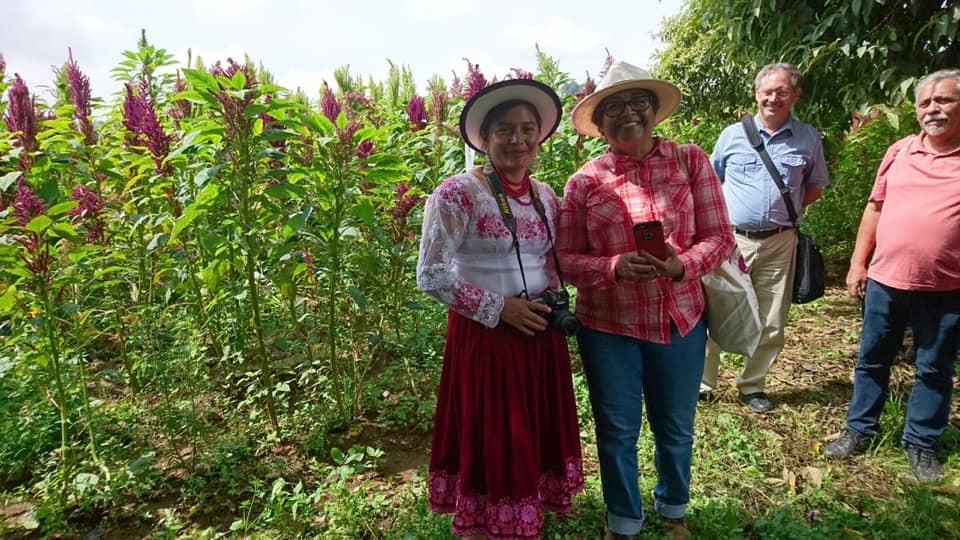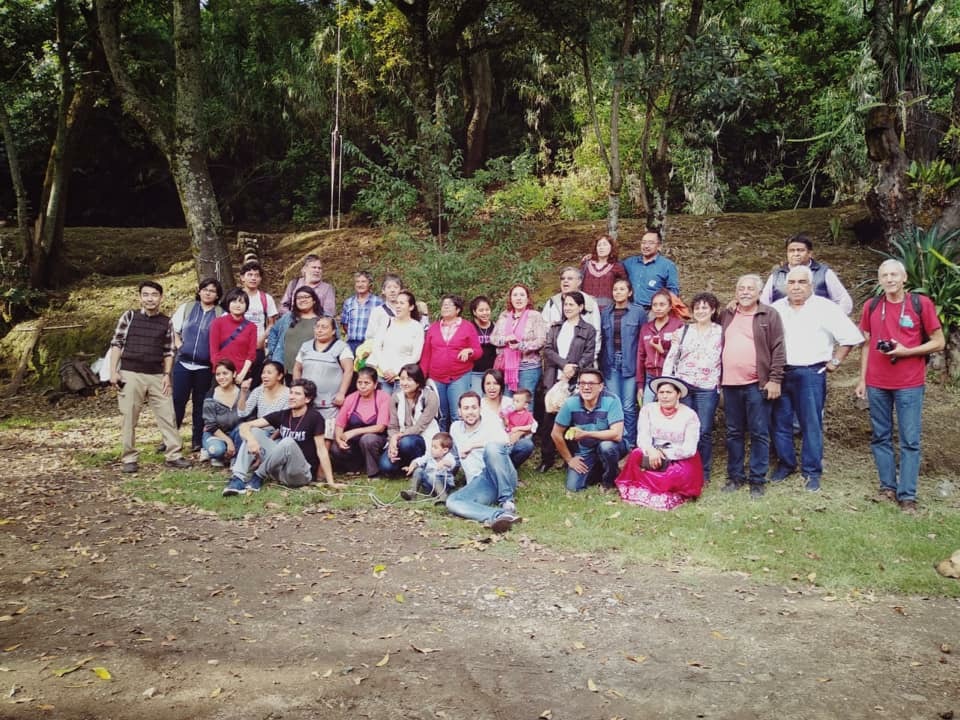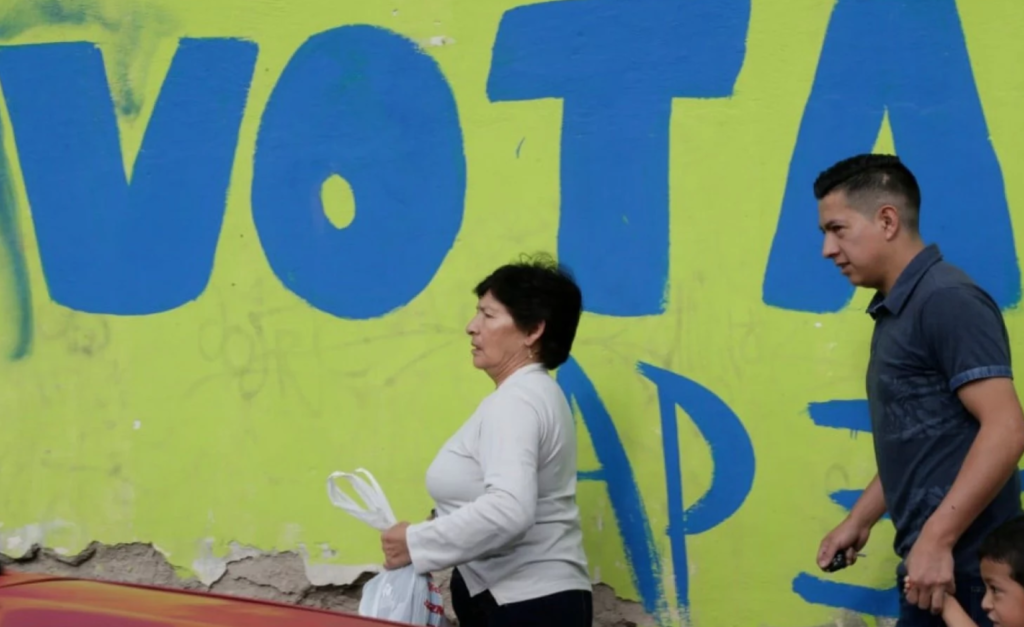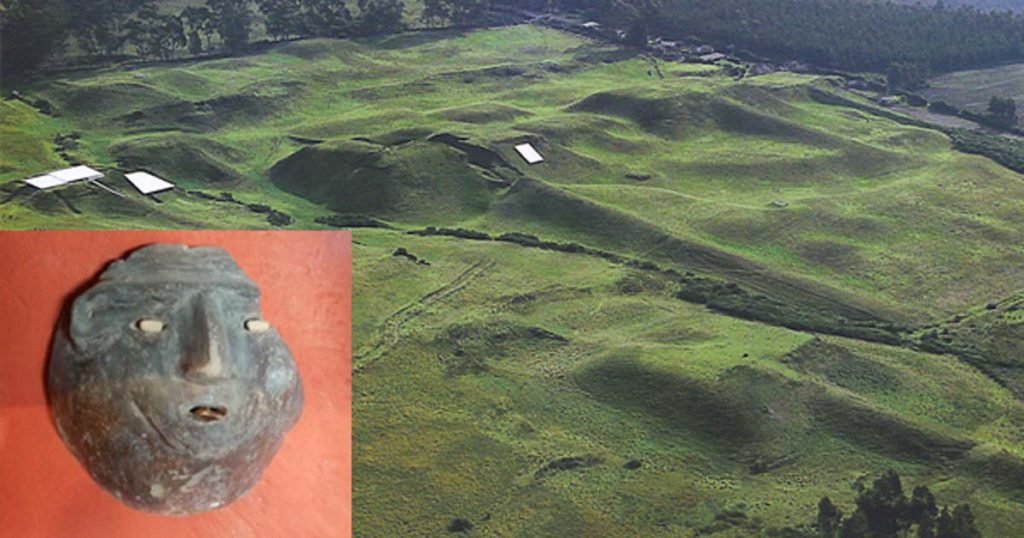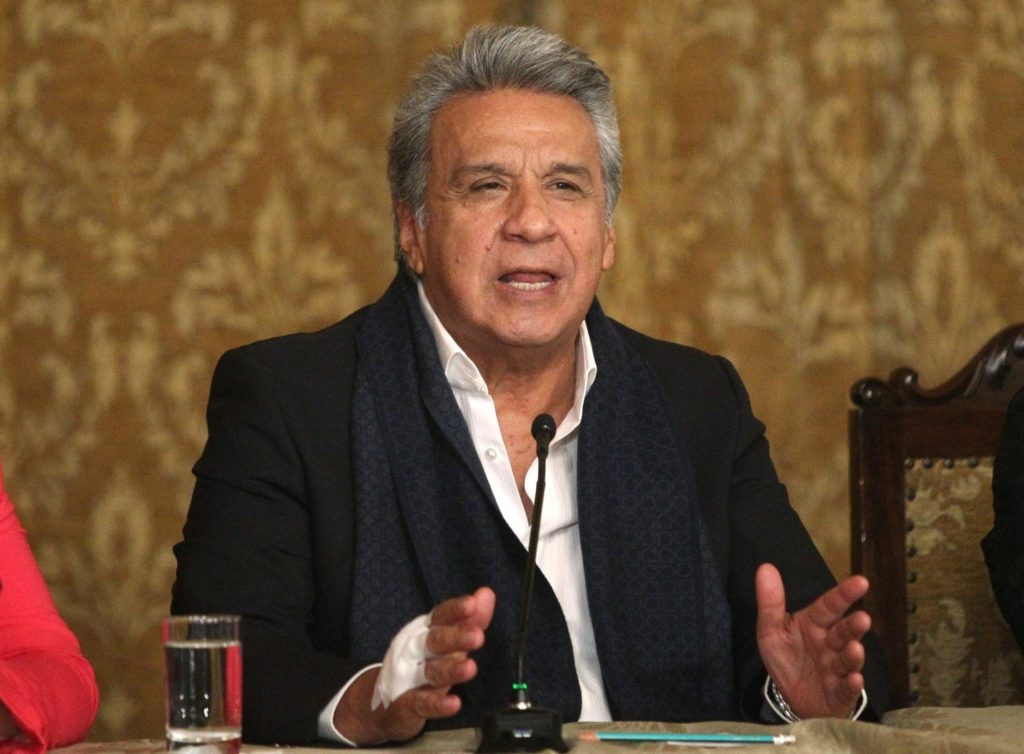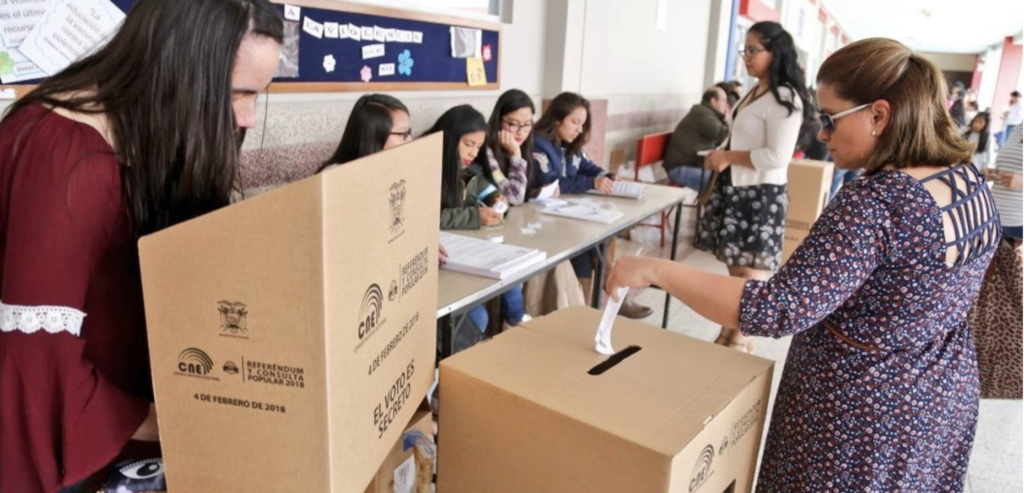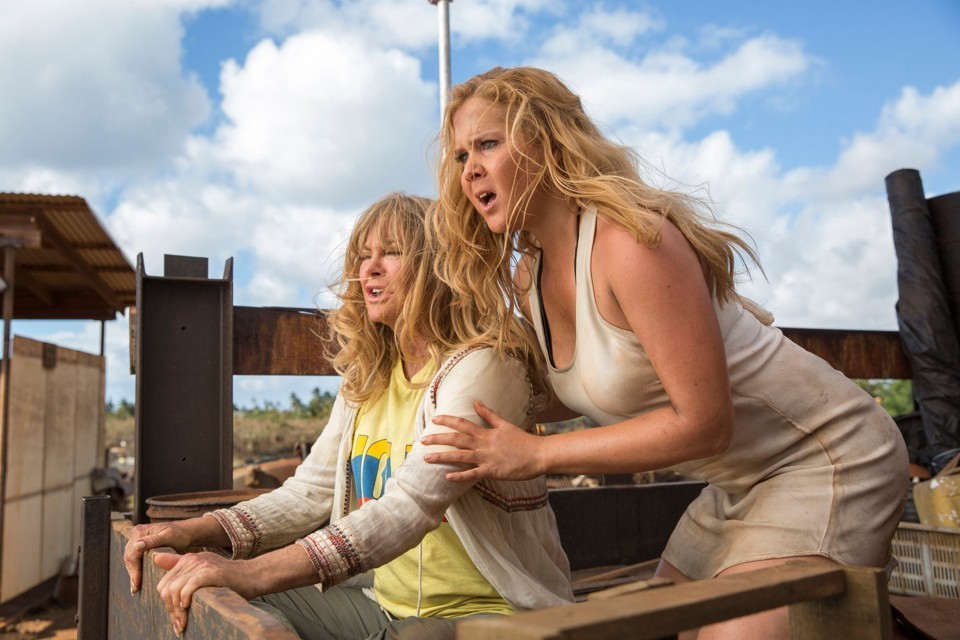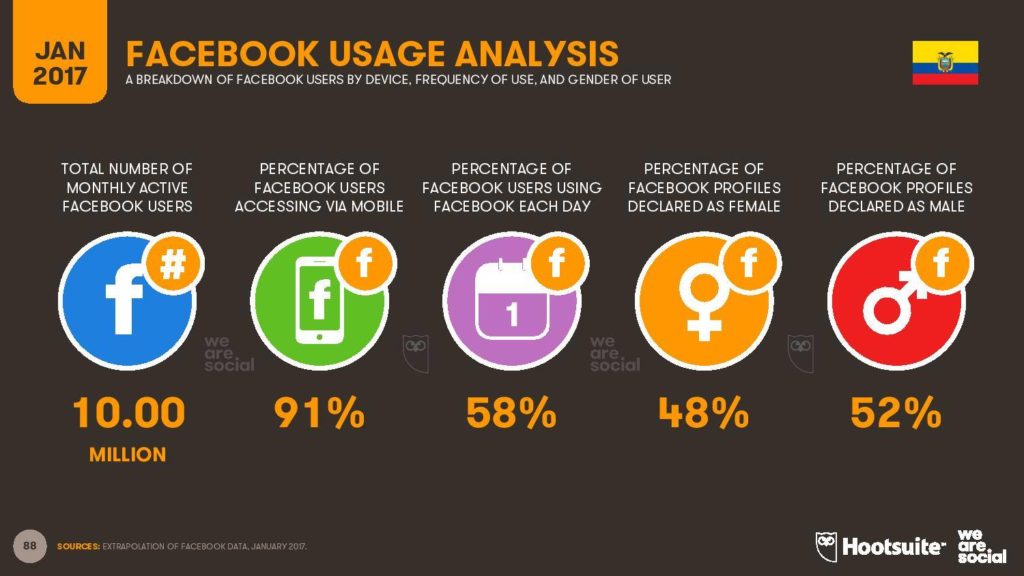Lucinda Duy Quishpilema’s report on her Mexico Amaranth trip
This is a guest post from Lucinda Duy Quishpilema on her trip to Mexico supported by FOE. More details in English from our last post from Alan Adams.
AMARANTO KURI MURU
“NIÑOS SALUDABLES FUTURO SALUDABLE”
Informe: Participación Primer Congreso Mundial de Amaranto
Proyecto: “Niños saludables Futuro saludable”
Beneficiaria: Lucinda Duy Quishpilema
Pueblo: Kichwa Cañari Región sur del Ecuador
Organización: Asociación de Productores de Semillas y Alimentos Nutricionales Andinos Mushuk Yuyay
Financiamiento: Friends of Ecuador
Lugar del evento: Puebla-Mexico
Fecha: 10, 11, 12 de octubre de 2018
Cañar 05 de noviembre de 2018
CAÑAR-ECUADORI. Introducción
En la región sur de Ecuador, los que habitan en el territorio del pueblo kichwa cañari y cañarense, según los investigadores de la ciencia andina y occidental consideran que culturalmente fueron y aún siguen siendo graneros, es decir el sistema de producción y/o la agricultura familiar cañari en cada ecosistema fue y aún practican la asociación, rotación y la diversificación de la producción tomando muy en cuenta el tiempo y el espacio.
…Lucinda Duy Quishpilema’s report on her Mexico Amaranth tripRead More »
Lucinda Duy Quishpilema’s report on her Mexico Amaranth trip Read More »

